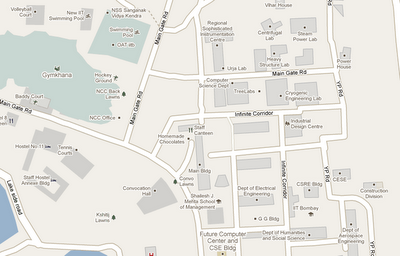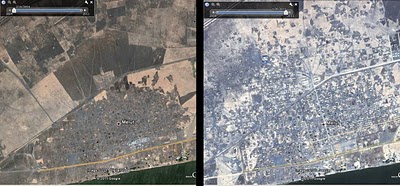Before Google Map Maker—a product that enables people to add to and update the map for locations around the world—only 15 percent of the world’s population had detailed online maps of their neighborhoods. Using Map Maker, people have built out and edited the maps for 183 countries and regions around the world, and now, due to the contributions of citizen cartographers, 30 percent of people have detailed online maps of the places they live.
Map Maker users have mapped entire cities, road networks and universities that were never previously recorded online. These contributions have been incorporated into Google Maps and Google Earth, so the collective expertise of the Map Maker community benefits the millions of people using these products globally.
Today we’re opening the map of the United States in Google Map Maker for you to add your expert local knowledge directly. You know your neighborhood or hometown best, and with Google Map Maker you can ensure the places you care about are richly represented on the map. For example, you can fix the name of your local pizza parlor, or add a description of your favorite book store.
You can help make the map complete in other ways as well, such as marking the bike lanes in your town or adding all of the buildings on your university campus so they appear in Google Maps. We’ve seen incredibly detailed contributions from power users worldwide, including this comprehensive map of IIT Bombay. We’re eager to see you add the same level of detail to locations in the United States.
To confirm Map Maker user contributions are accurate, each edit will be reviewed. After approval, the edits will appear in Google Maps within minutes—dramatically speeding up the time it takes for online maps to reflect the often-changing physical world.

